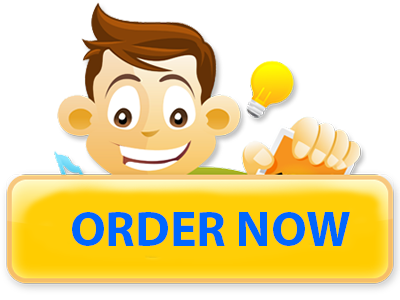the price of doing good consequences of ethical decision making
Consider the following two scenarios:
Scenario 1
James works in the accounting department of a large firm.While going over the books for the past several months, James notices that someone has altered the figures to increase earnings by several thousands of dollars. He suspects that the errors, which are in the company’s favor, are too consistent to have been honest mistakes. He knows that he should report his findings through the company’s ethics hotline. However, he worries that doing so will jeopardize his job security and reputation with the company.
Scenario 2
Mary owns a small toy manufacturing company. One of her employees has noticed that one of the pieces on the most popular toy the company manufactures can detach from the toy. This detachment could pose a potential choking hazard to young children who play with the toy. No customers have yet reported problems with the toy. Mary wonders if she should report the potential hazard before anyone gets hurt. However, the recall would cost her company money and result in loss of sales during the busy Christmas season.
As the scenarios illustrate, making ethical decisions often requires a trade-off for an organization or individual. After a scandal results from ethical wrongdoing, the proper course of action seems clear. Even so, employees and organizational leaders continue to struggle with making ethical decisions on a day-to-day basis as they weigh the cost of making such decisions.
To prepare for this Assignment, think of a situation where a leadership team encountered a situation where things did not go well and they were faced with an ethical dilemma. Analyze what could have happened had they applied the appropriate decisions. Offer your solutions using an ethical framework.
By Day 7
Submit a 4-page analysis (excluding cover page and References section) of the ethical situation. Your analysis must include the following:
- A brief (1 paragraph) explanation of the ethical dilemma
- An explanation of the ethical framework that, if applied by the organization to make its decision, would have resolved the ethical dilemma, including support for your analysis from scholarly research
- An examination of both the positive and negative consequences of the decision, including the trade-offs that the leadership of the organization made in making their decision
Northouse, P. G. (2016). Leadership: Theory and practice (7th ed.). Thousand Oaks, CA: Sage.
- Chapter 13, “Leadership Ethics” (pp. 329–362)
Albert, L., Reynolds, S., & Turan, B. (2015). Turning inward or focusing out? Navigating theories of interpersonal and ethical cognitions to understand ethical decision-making. Journal of Business Ethics, 130(2), 467–484. doi:10.1007/s10551-014-2236-2
Gustafson, A. (2013). In defense of a utilitarian business ethic. Business & Society Review (00453609), 118(3), 325–360. doi:10.1111/basr.12013
Hartog, D., & Belschak, F. (2012). Work engagement and Machiavellianism in the ethical leadership process. Journal of Business Ethics, 107(1), 35–47.
Hoover, K., & Pepper, M. (2015). How did they say that? Ethics statements and normative frameworks at best companies to work for. Journal of Business Ethics, 131(3), 605–617. doi:10.1007/s10551-014-2255-z
Do you need a similar assignment done for you from scratch? We have qualified writers to help you. We assure you an A+ quality paper that is free from plagiarism. Order now for an Amazing Discount!
Use Discount Code "Newclient" for a 15% Discount!
NB: We do not resell papers. Upon ordering, we do an original paper exclusively for you.


